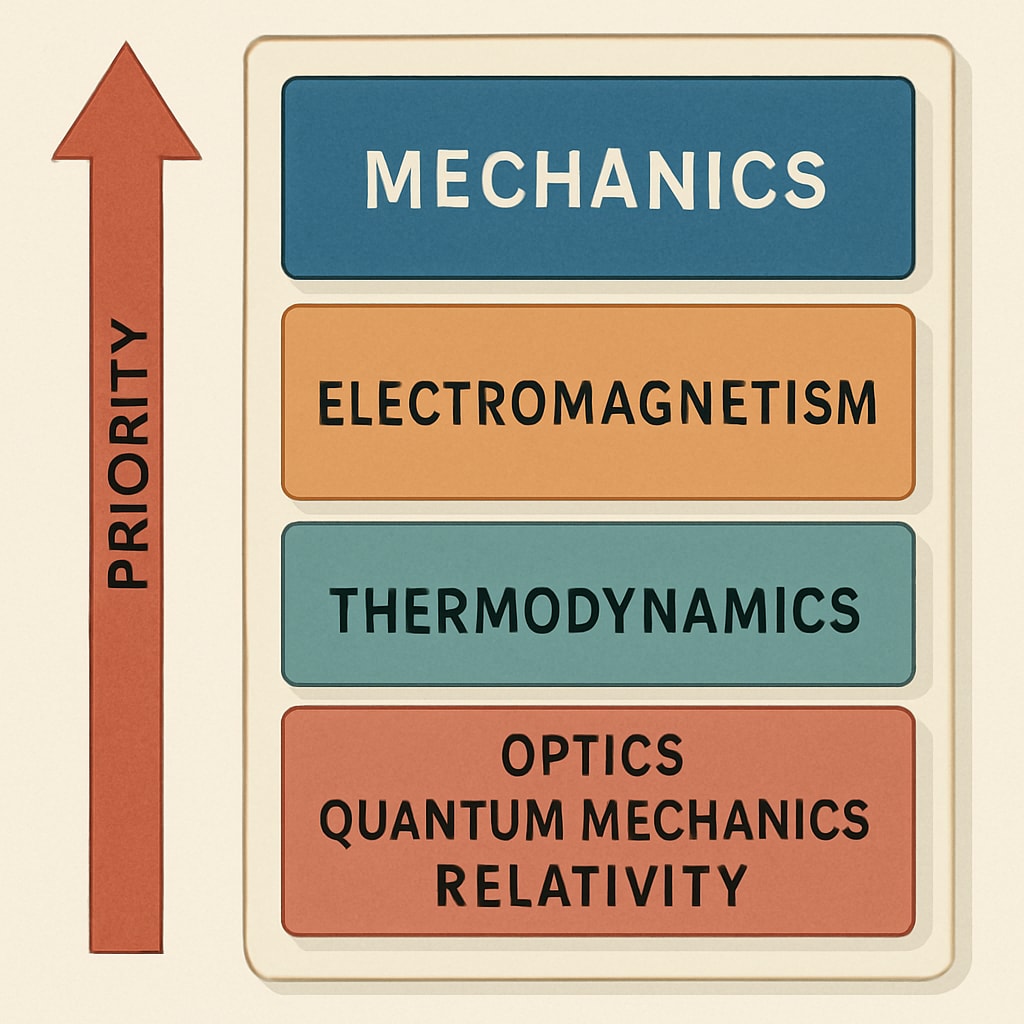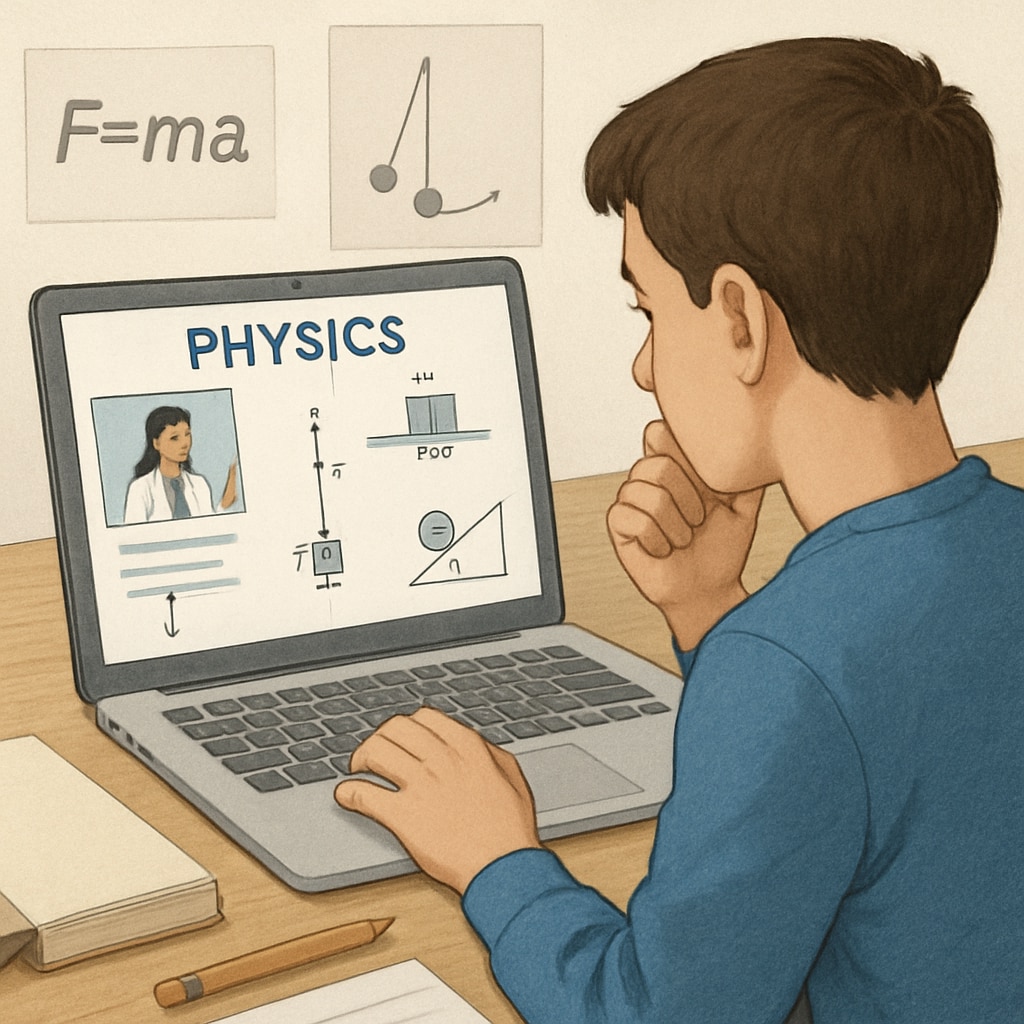Clearing multiple backlogs in BSc Physics can feel overwhelming, especially when time and resources are limited. However, with proper time management, prioritization, and the right strategies, you can efficiently tackle these challenges and regain your confidence in physics. This article outlines actionable steps to help students navigate this demanding situation effectively.
Understanding the Scope of Physics Backlogs
Before diving into solutions, it’s essential to assess the extent of your backlogs. Create a list of topics, assignments, or exams that require immediate attention. Organize them into categories based on urgency and importance. For example:
- Critical topics required for upcoming exams
- Assignments with deadlines
- Concepts essential for understanding advanced topics
By categorizing your backlogs, you can prioritize tasks effectively and set realistic goals. This step is crucial to avoid wasting time on less critical areas while ensuring that foundational concepts are addressed first.

Effective Time Management Techniques
Time management is the cornerstone of clearing backlogs. With limited time, it’s important to maximize efficiency. Consider these techniques:
- Pomodoro Technique: Divide study sessions into short intervals (25 minutes of focused work followed by a 5-minute break). This helps maintain concentration and reduces burnout.
- Time Blocking: Allocate specific hours of the day for studying physics. Dedicate uninterrupted time to high-priority topics.
- Daily Goals: Set achievable daily targets to ensure steady progress. For example, aim to complete one chapter or solve ten practice problems each day.
Remember to balance study time with adequate rest and relaxation. Overloading yourself can lead to decreased productivity and frustration.
Leveraging Resources for Efficient Learning
When tackling backlogs, resource optimization plays a key role. Make use of readily available tools and materials, such as:
- Online Tutorials: Platforms like Khan Academy and Coursera offer free physics courses tailored to various levels.
- Textbooks: Use concise reference guides to quickly review concepts and formulas.
- Study Groups: Collaborate with peers to share insights and solve problems together.
Additionally, practice is vital for mastering physics concepts. Utilize past papers and mock exams to test your understanding and identify weak areas.

Building Confidence and Maintaining Motivation
Clearing backlogs is not just about academic improvement—it’s also about rebuilding confidence. The following tips can help you stay motivated:
- Track Progress: Celebrate small victories, such as completing a difficult topic or scoring well on a practice test.
- Visualize Success: Imagine yourself excelling in physics to reinforce positive thinking.
- Seek Support: Don’t hesitate to ask professors or tutors for guidance when facing challenges.
As a result, maintaining a positive mindset boosts your ability to tackle backlogs effectively and improves overall performance.
By implementing these strategies, students can overcome their BSc Physics backlogs and achieve their academic goals. With a clear plan, optimized resources, and consistent effort, success in physics is within reach.
Readability guidance: Ensure each section is concise and uses active voice. Employ lists to summarize key points and maintain clarity. Use transition words to enhance flow and coherence.


